(March 9, 2022) Indian restaurateur, Manish Dave had to leave everything dear to him back in Ukraine. His restaurant – a vibrant hangout in Kyiv flocked by Indians and Ukrainians alike, his home on the 12th floor offering beautiful views of a once-peaceful capital. And the company of warm Indians and Ukrainians, and his dreams of making it on foreign soil. As the Russian forces unleashed their brute force in Ukraine, Manish is staring at huge losses.
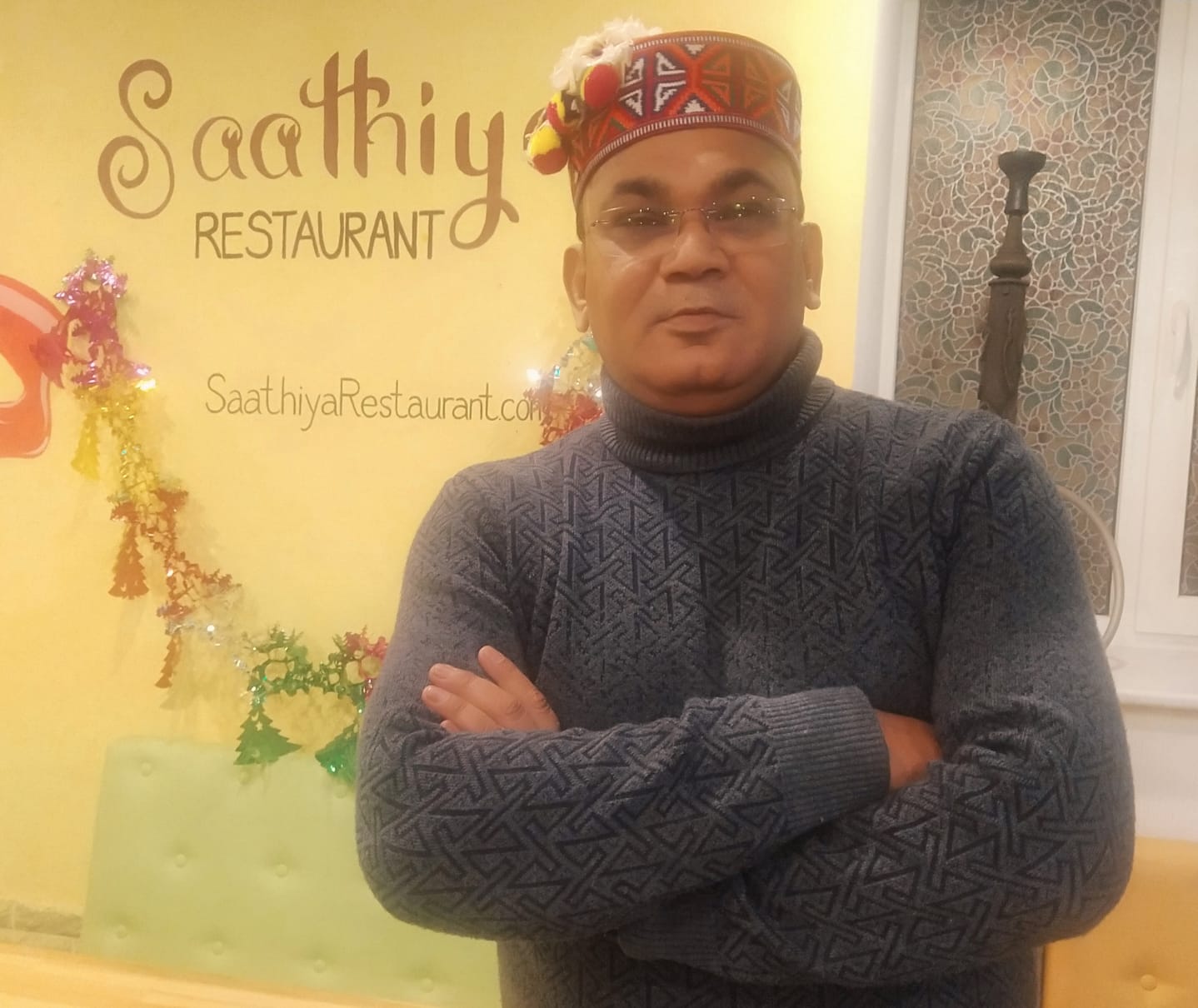
Indian restaurateur Manish Dave at Saathiya in Kyiv
Yet, what he did earn was respect, tons of love and blessings from people all over for his selfless service. From his soup aka dal kitchen feeding hungry souls, and his basement restaurant which was a refuge against the shelling.
A dal kitchen for safety
In the midst of deadly air strikes, raging gun battles and wailing air raid sirens, Manish turned saviour for many seeking shelter in the war-torn Kyiv. Tucked in the basement of a complex on Chokolivs’Kyi Blvd, 33, his eatery doubled up as a bomb-shelter-cum community kitchen, where the 52-year-old offered free food and safety to a group of 150. His selfless act earned Dave praise worldwide, and he was hailed as a war hero.
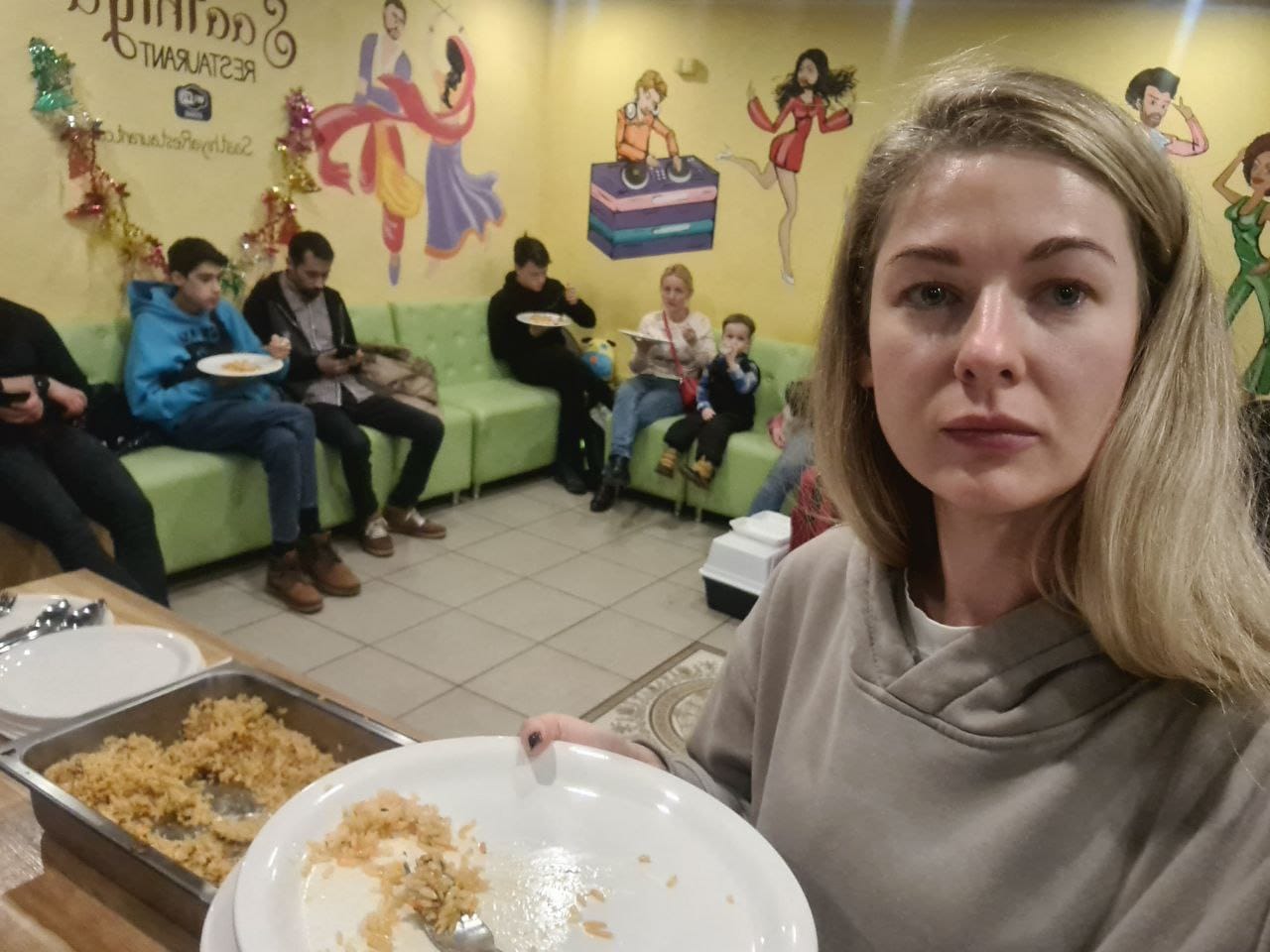
“There was immense panic, and everyone was terrified as Russian forces started invading Ukraine. I told myself I had to help people, come what may. I opened my restaurant for those seeking food and shelter,” smiles Manish Dave, speaking exclusively to Global Indian, hours before he boarded an Indigo flight from Romania to New Delhi.
A friend in need
Before leaving Kyiv, Manish even handed over the keys of his restaurant to Ukrainian neighbours to be used if need arises. True to the name of his restaurant Saathiya — Manish was every bit a friend in need.
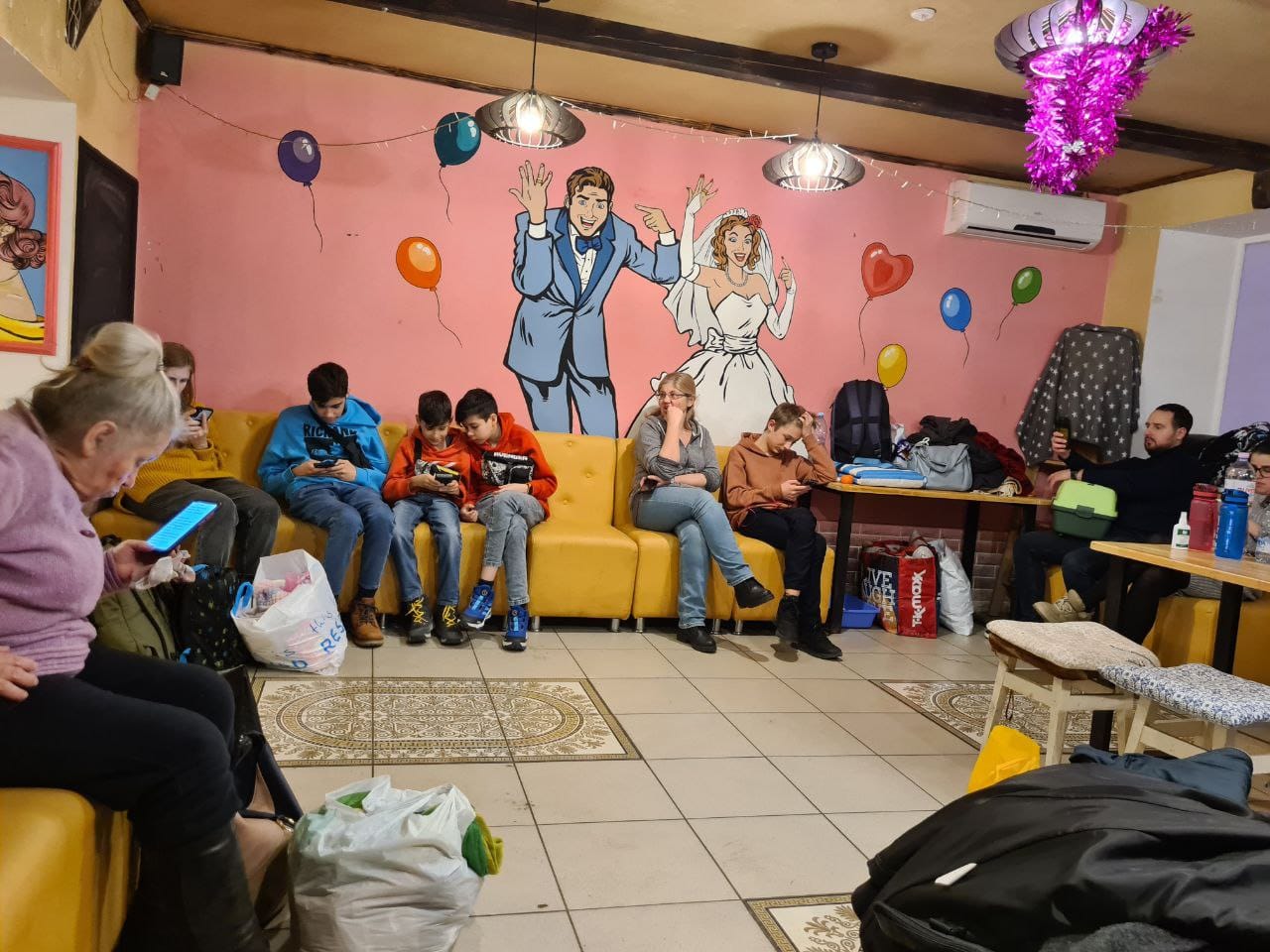
As the clouds of war began engulfing Ukraine, Manish, like many others, faced uncertainty. The first attack on Kyiv changed everything. Initially, he offered shelter to customers on February 24, the day the invasion began.
Subsequently, he put out a post on Telegram (below).
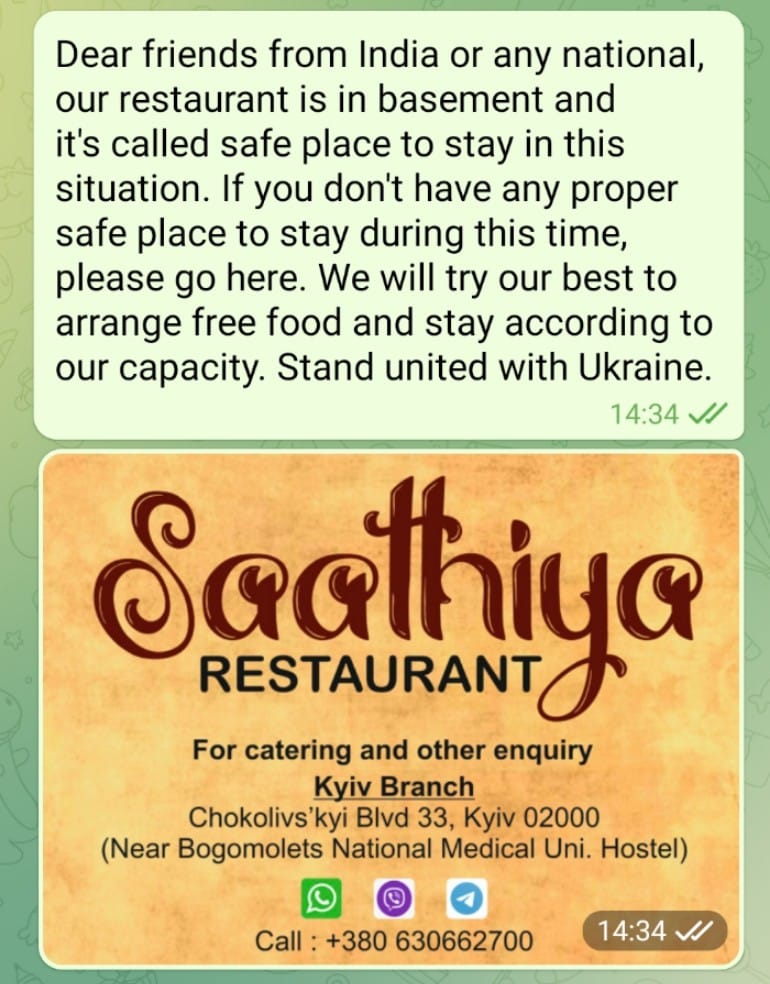
Soon, a few Indian students reached his eatery located close to Bogomolets National Medical University hostel. The next day, there were 70. A few Ukrainian families including pregnant women, children and elderly also arrived at his doorstep, and were ushered in and made comfortable. From day 2 till March 2, Saathiya was a refuge to around 150 people.
“The basement served as the perfect bomb shelter,” informs Manish, from Vadodara (Gujarat). The restaurateur and his 12-member staff, all who had shifted to the restaurant from their home due to the war, served traditional dal (lentil) and rice — piping hot, welcome in the freezing cold, quite like a soup kitchen, only this also kept them safe from the rampant bombings outside.
A refuge and a respite
At the crack of dawn, Manish and his staff set out to purchase rations – A risky affair, as grocery stores were 6 km to 8 km away. “Deserted streets, air raid sirens and distant sounds of intermittent firing and bombing gave us the jitters. Yet, feeding people was my topmost priority,” recounts Manish.
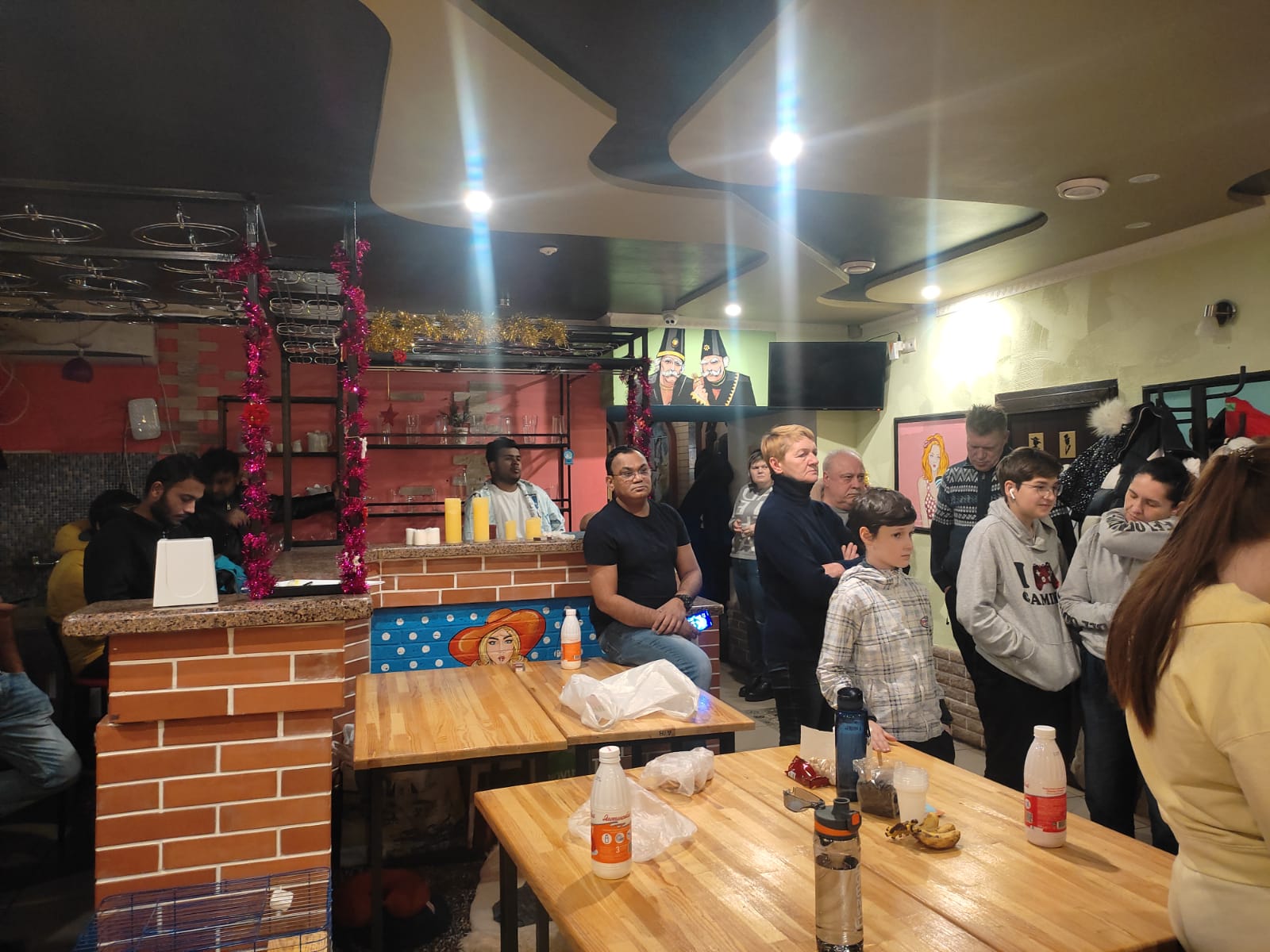
“We served rotis, pasta and other European dishes on the first day. Making rotis for so many required a lot of flour, and was time consuming. We then switched to dal and rice. Indians loved it, and so did the Ukrainians,” smiles the man who created this “dal” kitchen. He also fed 40 other locals who had taken shelter in a bunker close to his restaurant. Feeding people for free, some people also donated voluntarily to buy ration.
When nationalities don’t matter, humanity does
As reports of death and destruction trickled in, a tense atmosphere engulfed the eatery-turned-bunker as many made exit plans. “The kitchen was running non-stop. We did everything we could to make everyone comfortable,” says the restaurateur, adding that most folk hardly slept, especially children.
In between, Manish would just about manage to squeeze time to talk to his daughter, Mahima, a senior crew member with Air Asia in Bengaluru. “She was worried, texting and video calling. I assured her I would be home soon, though, at that point of time, I had no specific exit plan,” he reveals.
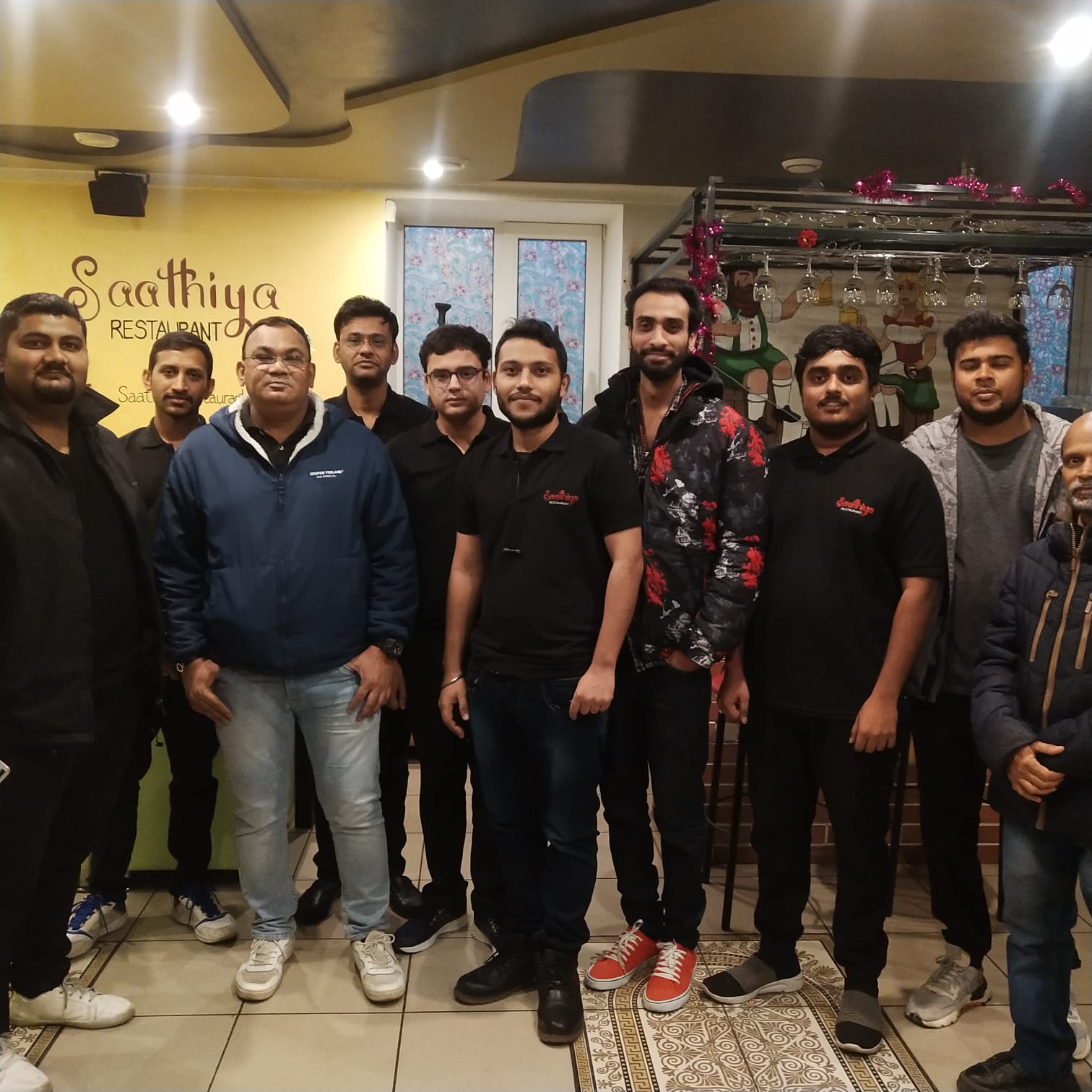
On March 1, after a bomb blast ripped through the TV tower, hardly 4 km away from Saathiya, Manish and his team decided to leave Kyiv. “The Indian embassy asked us to leave the city immediately,” says the Indian who also ran restaurants in Singapore and Armenia. The next day, he handed over his restaurant keys to his Ukrainian neighbour, bid her farewell. “I was pleasantly surprised when my Ukrainian neighbours all offered me a ride to Kyiv station. There were 13 of us, my Ukranian friends pooled in three vehicles to drop us safely,” says a thankful Manish. They boarded a crowded train to Chernivtsi the next day, and drove to the Romanian border, to safety.
How Saathiya opened and helped the war stricken
With thousands of Indian students studying in Ukraine, Manish decided to start his restaurant in Ukraine in October 2021. After pooling in all resources, he opened Saathiya on January 9, 2022. Soon, his eatery was a popular hub, particularly for Indians craving for home food. Little did he know that less than two months on, his world, and the world at large would come crashing down. “I took the basement on lease for a period of three years. I invested close to Rs 50 lakh,” informs a dejected Manish.
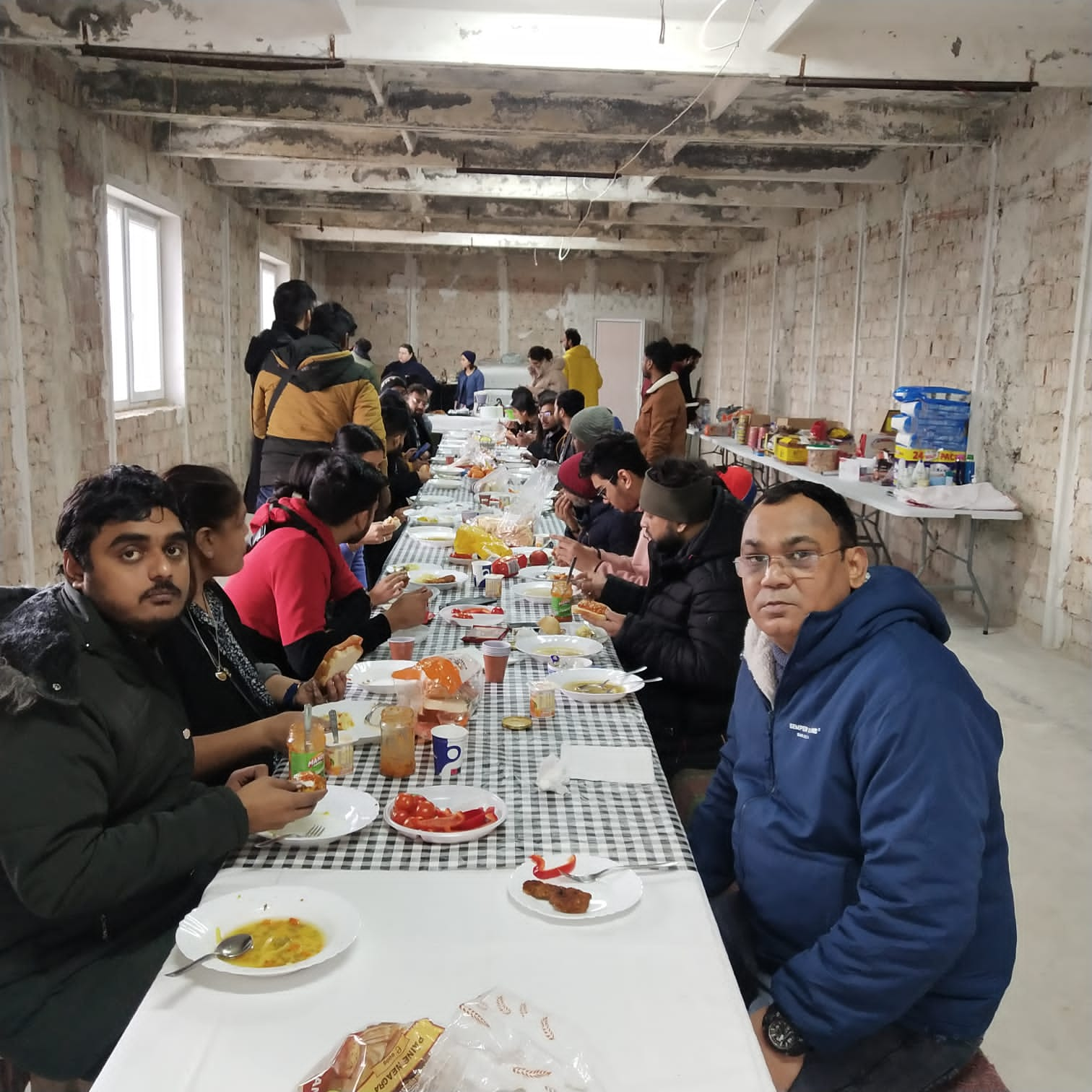
Clueless on what next, Dave hopes for peace, and getting back to Kyiv someday. “I shudder to think what kind of damage awaits Kyiv, my restaurant, and the people of Ukraine” says Manish, who lost his wife in 2004.
His resolve echoes that of the whole world, as everyone stands with Ukraine.

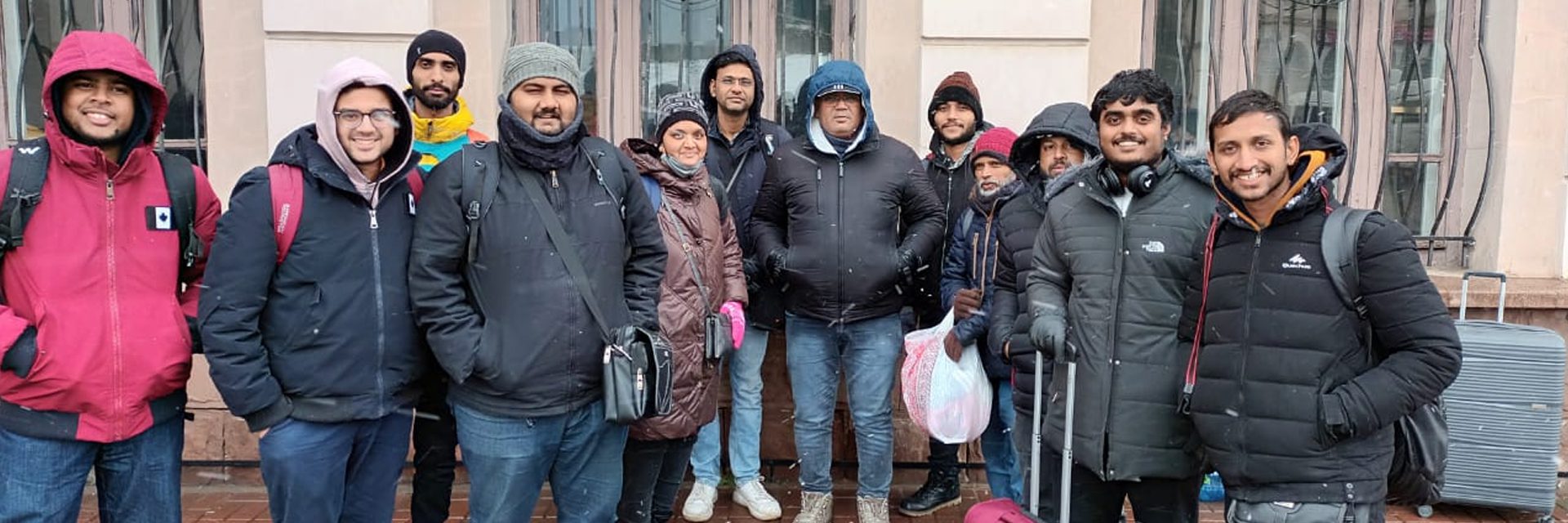

 Visual credit: Shubhendu Sharma | TED[/caption]
Visual credit: Shubhendu Sharma | TED[/caption] Shubhendu Sharma[/caption]
Shubhendu Sharma[/caption]

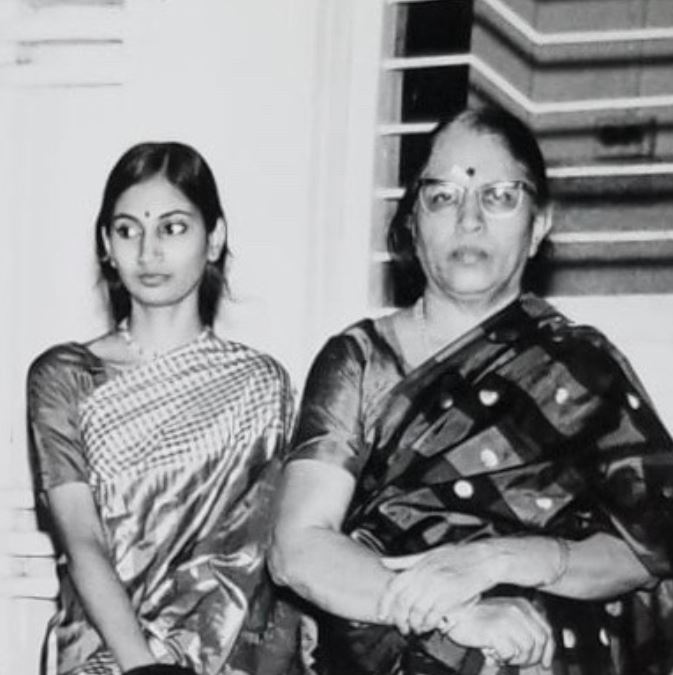 Padmasree with her late mother in the early days of her life[/caption]
Padmasree with her late mother in the early days of her life[/caption]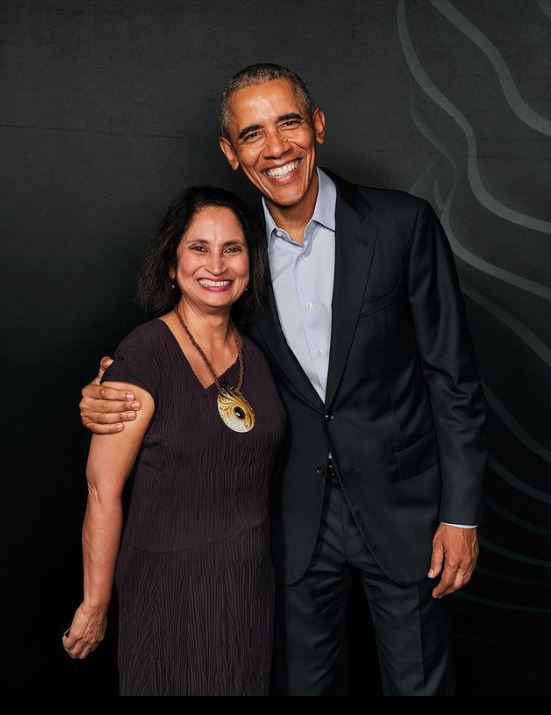 Padmasree with Barack Obama, former US President[/caption]
Padmasree with Barack Obama, former US President[/caption]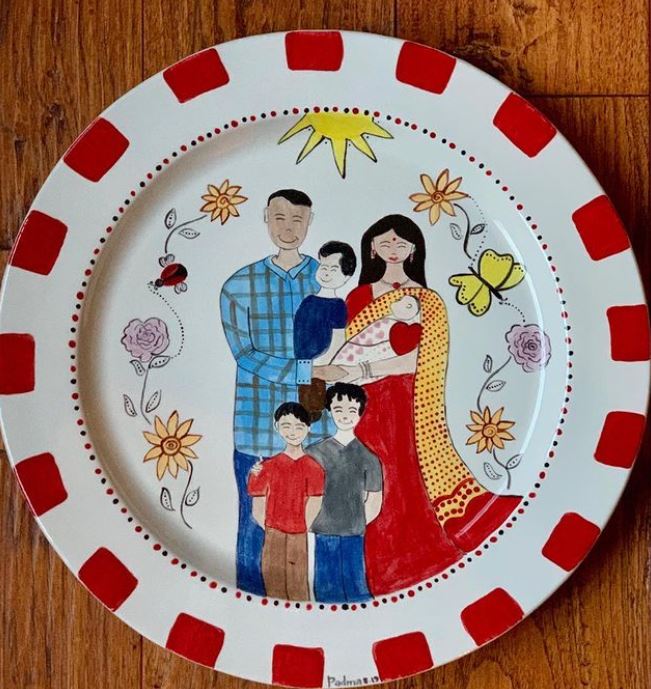 One of the many paintings of Padmasree[/caption]
One of the many paintings of Padmasree[/caption]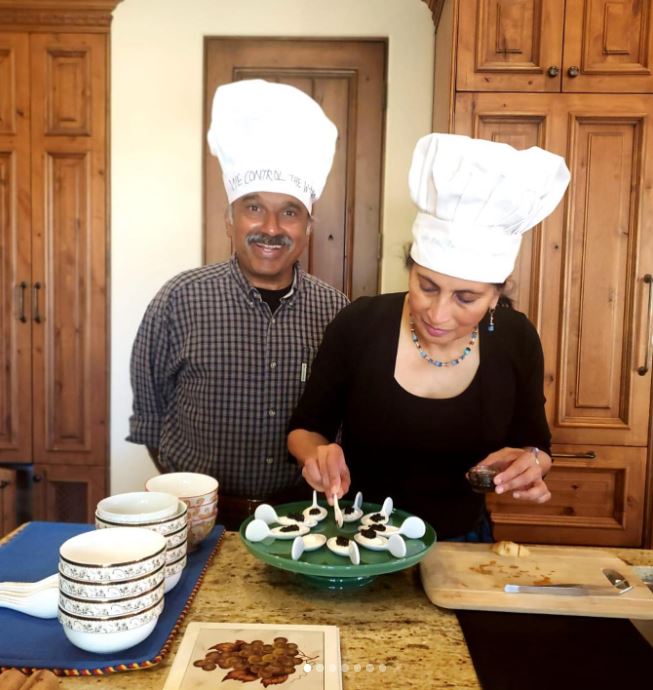 Padmasree with her husband, Mohandas Warrior[/caption]
Padmasree with her husband, Mohandas Warrior[/caption]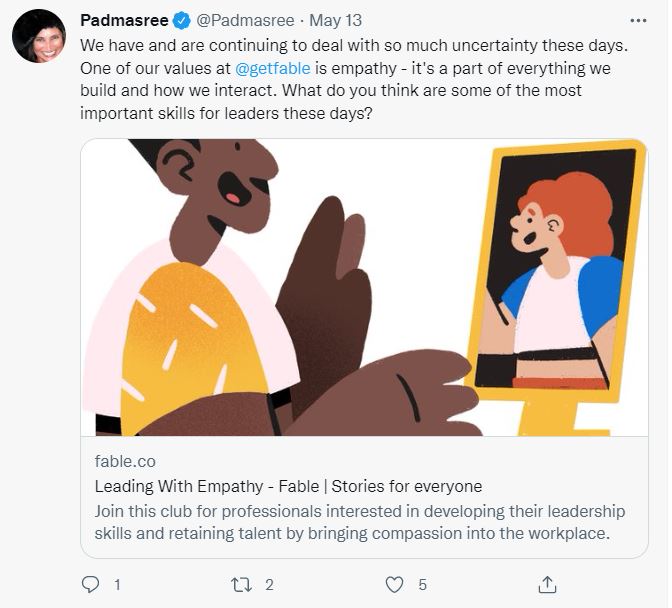
 One of Padmasree's latest designed jewellery[/caption]
One of Padmasree's latest designed jewellery[/caption]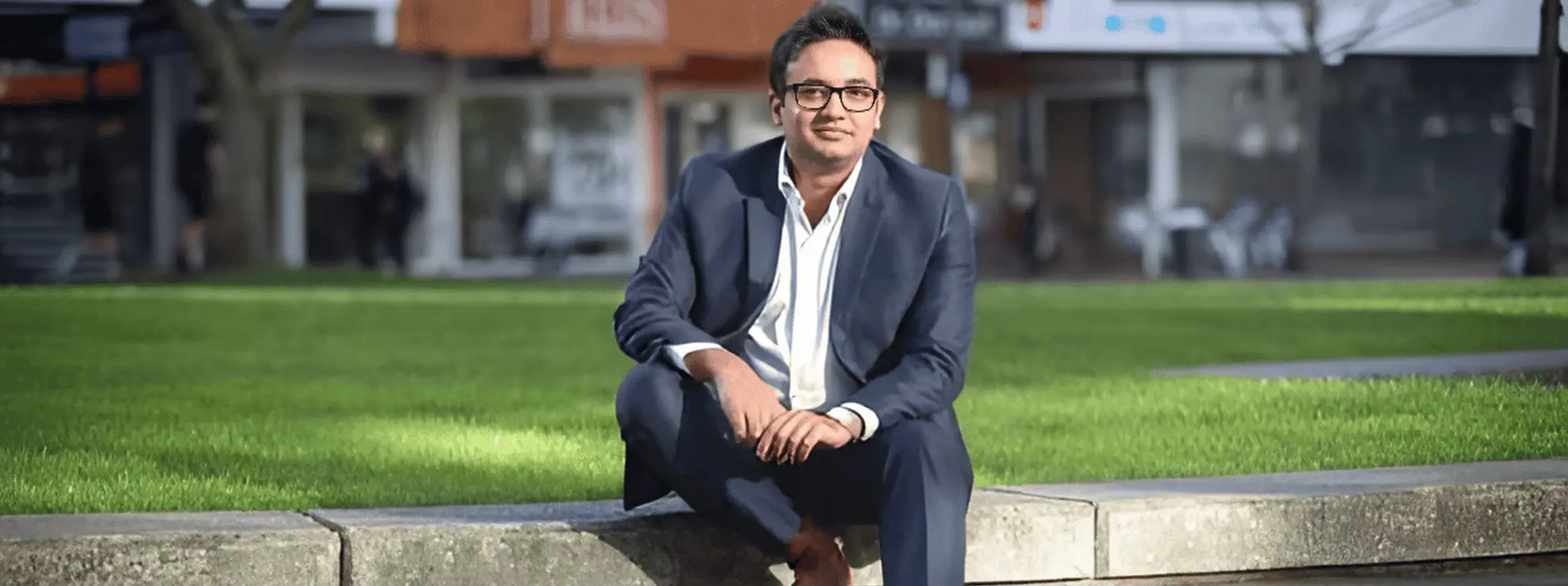
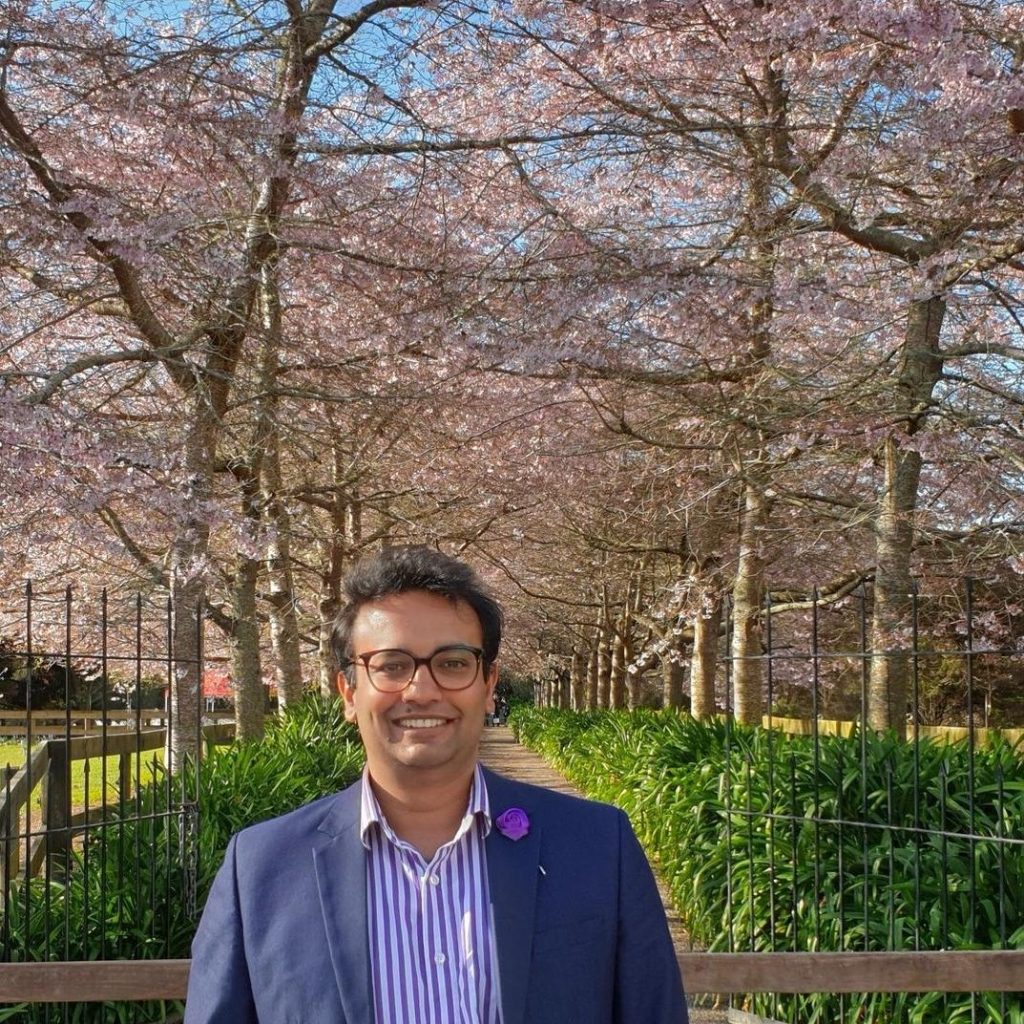
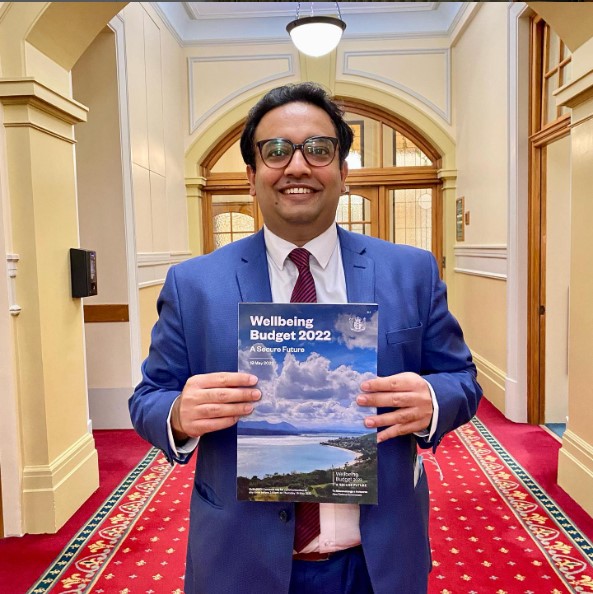
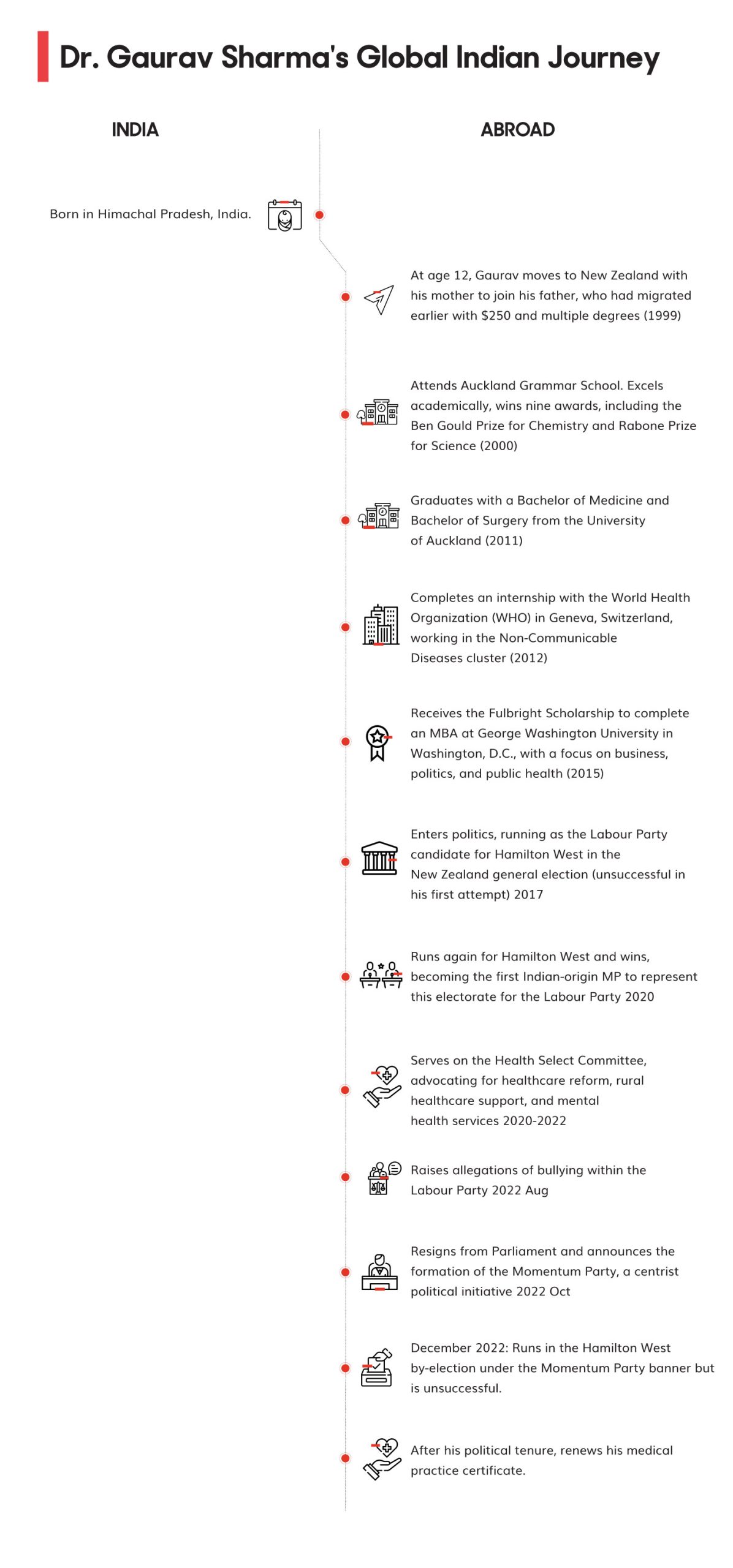
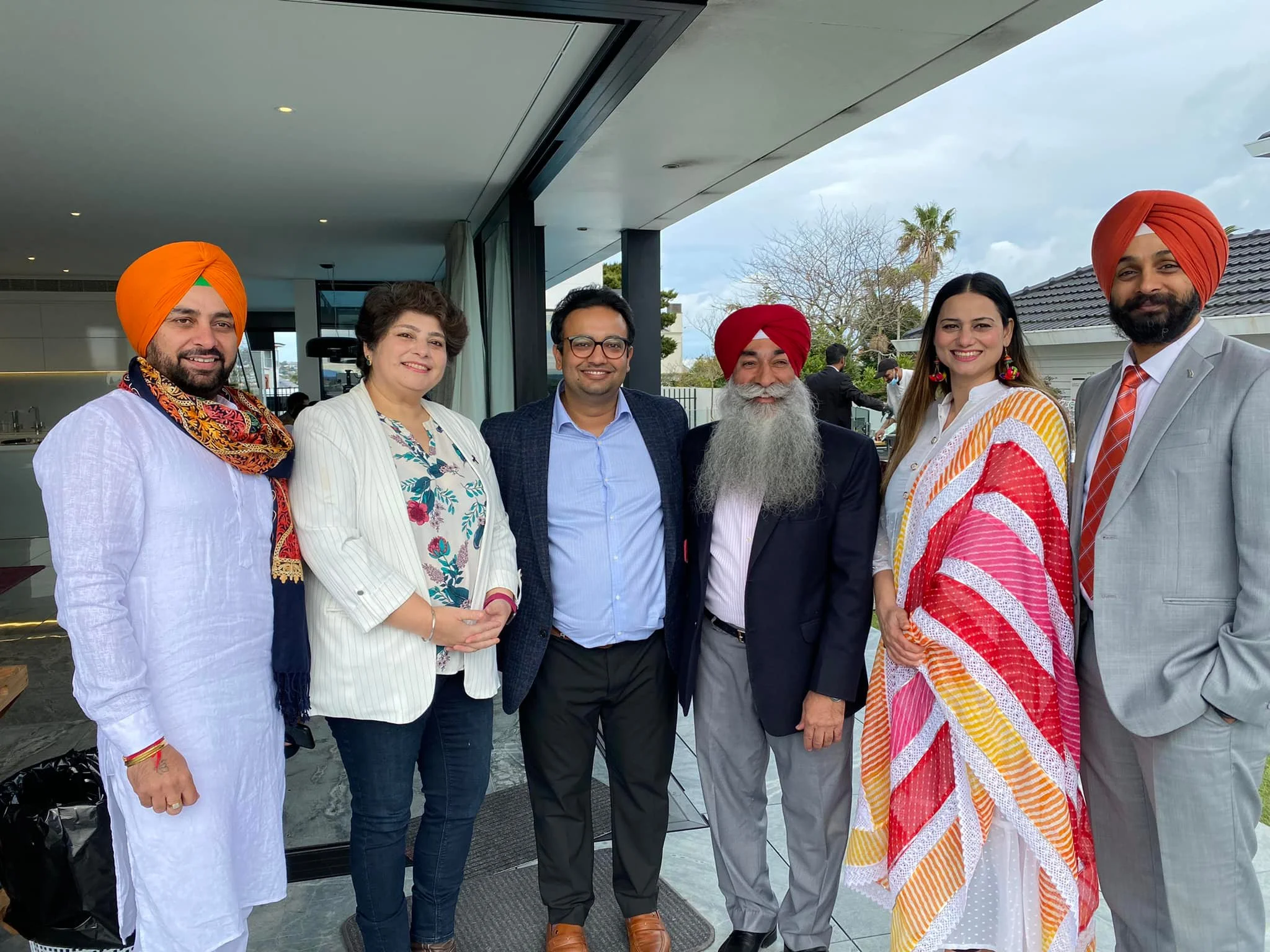
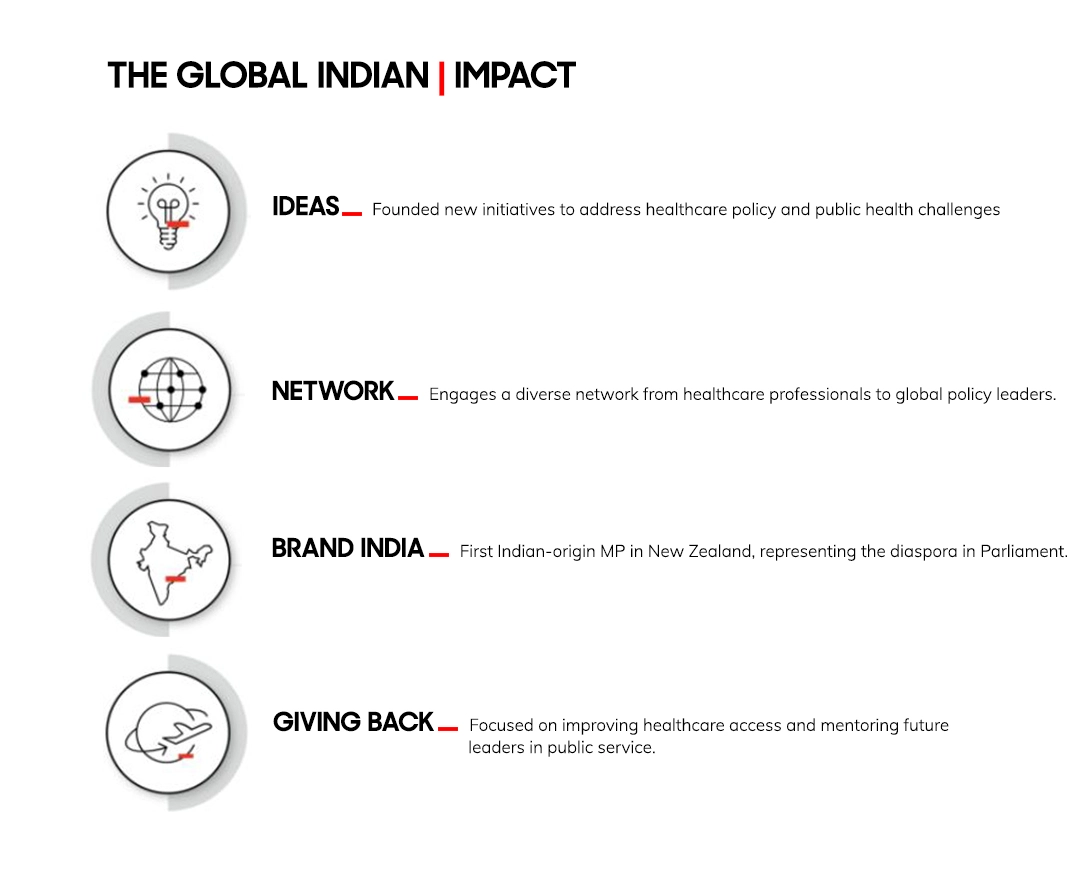

 Dr Zulekha Daud with gynaecologists and obstetricians of UAE[/caption]
Dr Zulekha Daud with gynaecologists and obstetricians of UAE[/caption]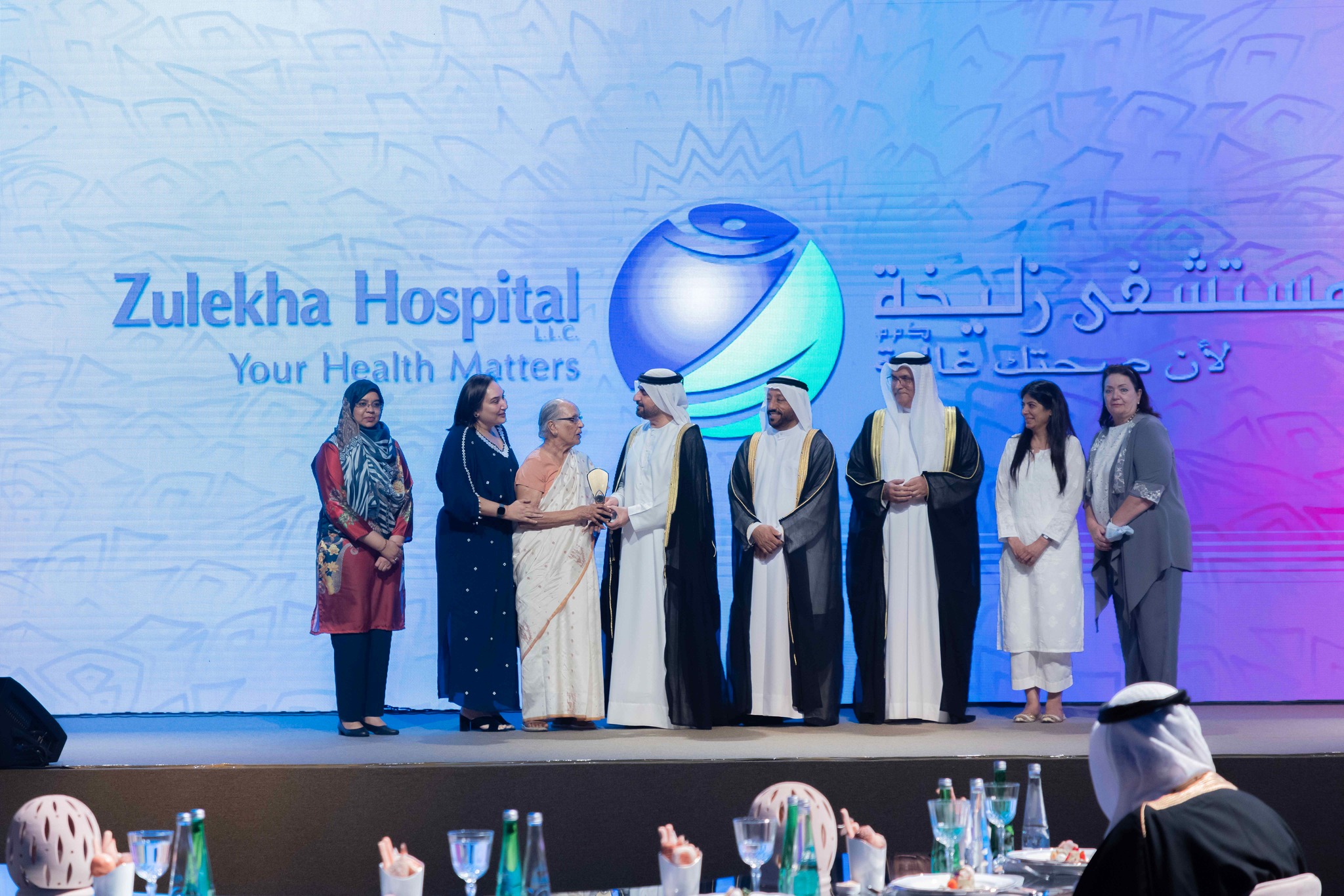 Dr Zulekha Daud received Sharjah Excellence Award on behalf of Zulekha Hospital on 1st March 2023 by the deputy ruler of Sharjah[/caption]
Dr Zulekha Daud received Sharjah Excellence Award on behalf of Zulekha Hospital on 1st March 2023 by the deputy ruler of Sharjah[/caption] Dr Zulekha Daud received Pravasi Bharatiya Samman in 2019[/caption]
Dr Zulekha Daud received Pravasi Bharatiya Samman in 2019[/caption]